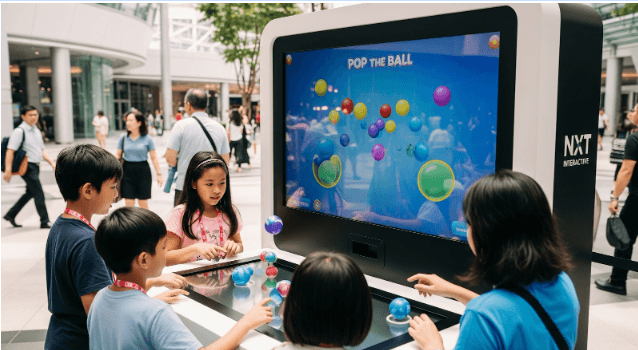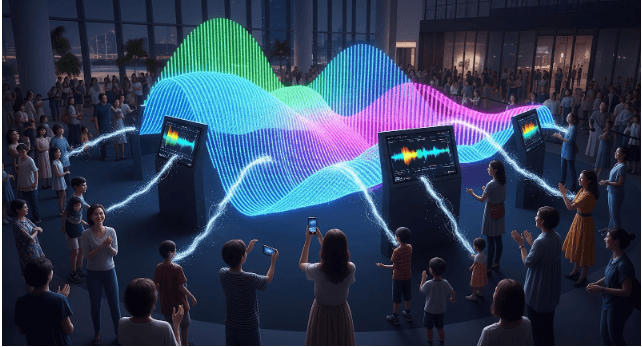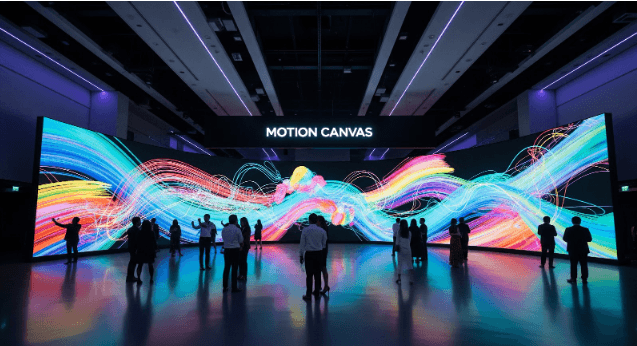Jun 26, 2024
Introduction
Artificial Intelligence (AI) is set to transform the video game industry in ways that were once the stuff of science fiction. From the development process to the player's experience, AI is pushing the boundaries of what's possible in gaming, enhancing realism, speed, interactivity, and scale. Let's dive into how AI is revolutionizing game development and creating immersive, dynamic gaming experiences.
Automated World Building and Asset Generation
Creating expansive 3D game environments, detailed assets, and intricate game elements manually requires a substantial investment of time and resources. AI tools can automate much of this process by algorithmically generating worlds, textures, models, objects, and other assets. This allows developers to rapidly construct rich, vivid game spaces that would be implausibly labor-intensive to create by hand.
For example, an AI system could analyze real-world architectural data and terrain information to construct realistic 3D buildings and natural landscapes for an open-world game environment. The AI could consider factors like optimal space usage, sight lines, cover opportunities, and accessibility to generate structures tailored for compelling gameplay. It could also mimic real-world aesthetic designs and layouts to make environments visually authentic.
The benefits also apply to minor game assets; with AI, an infinite number of small 3D object models like furniture, clutter items, plants, and props can be produced to densely populated game worlds, which is typically infeasible manually. The saved development time allows creators to focus on higher-level design and creativity.
Game Data Analysis and Optimization
AI algorithms can analyze game data such as 3D meshes, textures, audio files, and environment geometry to compress them without negatively impacting visuals, sound quality, or player experience. By reducing data file sizes, overall game performance can be significantly improved, leading to faster loading times and smoother gameplay.
AI can also dynamically adjust in-game resource allocation by performing real-time performance analyses and delivering resources to game elements as needed. This load-balancing act means games utilize available computing power in the most efficient way at all times for optimal operation.
Automated Playtesting and Improvement Iteration
Extensive playtesting is crucial for identifying issues with game mechanics, balance, difficulty, and more before release. But exhaustively playtesting complex games requires massive human effort. AI simulation tools powered by Machine Learning algorithms can play through games far faster than humans while accurately modeling human behavior. This makes it possible to extensively test games in mere days rather than weeks or months.
The granular data output from AI playtesting also offers more comprehensive insights compared to human feedback. Developers can tune and refine games with precision based on concrete metrics and visualizations provided by the testing AI about what is functioning vs. malfunctioning. The end result is higher quality games created in shorter time windows.
AI Enhancing Realism and Immersion in Games
Incorporating AI into gameplay systems and mechanics can make video game environments feel more alive, reactive, and true to reality.
Photorealistic Graphics and Environments
Even graphically sophisticated games today have noticeable texture and object rendering limitations in large environments. AI tools like Nvidia's GauGAN can analyze landscape imagery data to produce near-photorealistic environmental renderings and graphics. Games that leverage comparable systems could allow players to experience game worlds with extraordinary visual fidelity across vast spaces without noticeably repeating textures or assets. Effects like weather patterns, foliage motion, and fire propagation can also behave realistically rather than appearing repetitive or programmatic.
NPCs with Authentic Emotion, Personality, and Range
The behavior of non-player characters (NPCs) in video games today tends to be quite simplistic, repetitive, and expressionless. AI could endow NPCs with far more emotional depth and variability in their reactions to game events and player actions. Their dialogue could adjust on the fly to reference shared experiences they've had with the player, fostering more meaningful connections. NPC behavior could vary substantially while still feeling authentic to their personality and backstory. Relationships between NPCs could evolve dynamically based on interactions as well, overall leading to NPCs that feel more like convincing, multidimensional characters than robotic quest dispensers.
Game Worlds That React to You
In even the most narratively branching modern video games, the range of ways game worlds can respond to player choices is inherently limited by development complexity. AI can conceptualize and actualize game spaces that reshape themselves in response to user behavior to an almost limitless degree within constrained parameters. If the player makes a decision that alters the trajectory of certain factions or characters in the world, AI can generate the logical repercussions that reshape locations, interactions, and quests accordingly, creating enormous potential for nonlinear player-driven story development. Replayability is thus greatly amplified.
A Personalized Journey
Just as smart AI assistants learn their users' preferences over time to better anticipate their needs, game AI could observe player behavior across tens or hundreds of hours to construct narrative branches, challenges, and rewards tailored uniquely to that individual player. The game could introduce companions that complement and clash with your playstyle and personality in nuanced ways. Environments could emphasize exploration vs. action depending on whether the game detects you prefer puzzles or combat. Every player's experience with a title could feel specifically crafted just for them, leading to stronger emotional investment and enjoyment.
True-to-Life Animations and Physics Fidelity
Game animations today generally have a subtly synthetic quality since they are motion-captured performances by actors later blended together. AI analysis of vast volumes of video depicting how people navigate environments and physically react to obstacles in countless real-world contexts could yield hyper-realistic animations. Characters could move and respond with the fluidity and dynamism of real humans. Physics would similarly behave less like approximations and more like reality—objects splintering, wind billowing, particles scattering, etc., could all behave exactly as they naturally would thanks to AI simulations. This physics fidelity strengthens immersion tremendously.
Dynamic Difficulty and Pacing
Most games struggle to balance difficulty properly across player skill levels. An AI "director" that monitors player performance in real-time could amplify or reduce hazards dynamically and seamlessly to provide perfectly balanced challenge levels for individual ability and mastery growth. It could also modulate the pacing of narrative reveals, puzzles, combat encounters, etc., to elegantly match a player's engagement preferences, preventing boredom. This would keep games perpetually engrossing.
Conclusion
AI has the potential to revolutionize the video game industry, starting in development and extending into the visceral experience of playing them. From automated world-building and game optimization to creating lifelike NPCs and personalized gaming journeys, AI can unlock new dimensions of realism and immersion. As AI technology continues to advance, its applications in gaming will only expand, promising a future where games are more engaging, dynamic, and personalized than ever before. However, as we embrace this technological revolution, it's crucial to consider the ethical implications and strive for responsible implementation. The future of gaming, augmented by AI, is tremendously exciting and full of possibilities.







